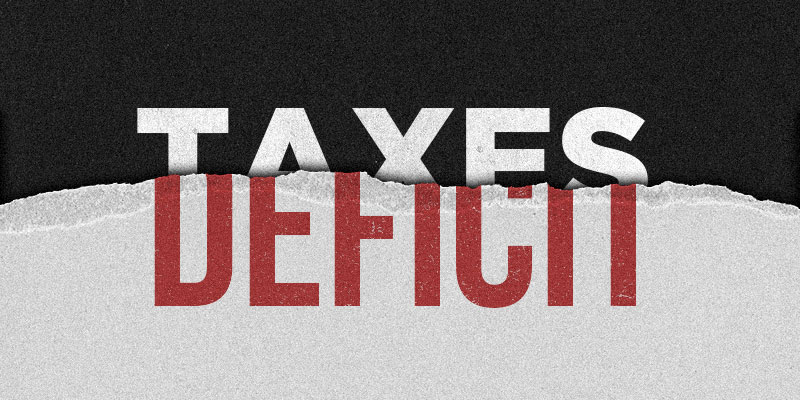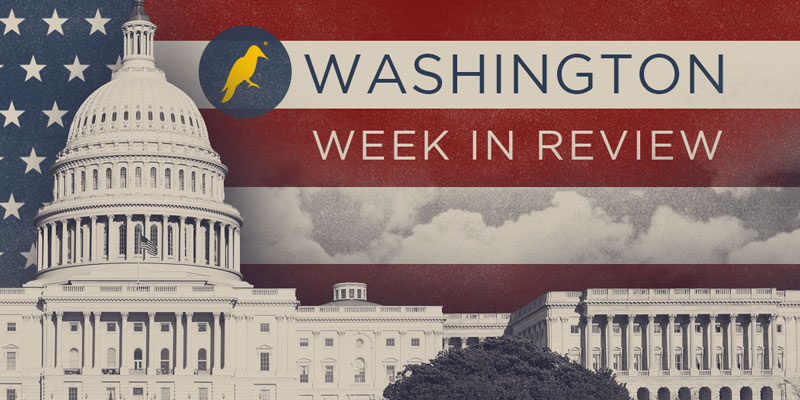
Conservatives in Alabama can find many things to embrace in the GOP tax reform proposal, but there’s at least one thing we should fear – deficits and debt.
The share of our national debt is already $63,000 apiece, and that climbs to nearly $70,000 when you factor in Alabama’s state debts.
If you doubt the plan’s rosy scenarios of booming economic growth – and conservatives should – then we have reasons to not only “cut, cut, cut” taxes, as our president said.
We must also cut, cut, cut spending.
Every political conversation about taxes in the last thirty years has been voiced through the speaker of President Ronald Reagan’s 1981 and 1986 tax cuts. Indeed, Reagan’s tax cuts have not only since defined the Republican Party’s approach to tax policy – they have defined the party and for good reason. Tax cuts, if done properly, are sound policy. They did result in historic growth under Reagan, and the American economy could use growth now.
However, a healthy fiscal policy relies on more than tax cuts alone. President Trump and Congress need to find ways to cut spending simultaneously, as they cut taxes.
Many in Washington have done well to communicate the urgency of dealing with our deficit and debt. Senator Rand Paul has been declaring for years, in virtually every speech on the Senate floor and every television interview, that the federal government borrows an unsustainable one million dollars per minute. President Trump’s budget director, Mick Mulvaney, has been dubbed “The Knife” for all his entitlement reform-talk over the years.
Although Mulvaney seems to be somewhat reneging now on the imperative deficit-neutrality, he did help craft a budget that proposed cuts from nearly every federal department.
At times, Republicans in Congress have shown such initiative on this front and tried to find creative ways to deal with the ever-increasing deficit, for which entitlement spending is mostly responsible. Medicaid reform was at the very heart of early versions of Obamacare “repeal.”
So, cutting spending is ostensibly pressing for all Republicans, and we know that it is very pressing for some key Republicans, but too few have voiced its importance as they have voiced the importance of tax reform.
Reagan gave us an enduring model of tax policy that works, but we also have a lot to learn from what his administration and Congress failed to do.
Despite significant growth, the budget deficit increased quite a bit under Reagan. Democrats and others who oppose a supply-side approach to tax reform often bring this up (as if Democrats really cared much about the deficit) as an argument against corporate and other tax cuts. The deficit increase under Reagan, however, is better attributed to an increase in defense and other spending, not a mere loss of revenue or lack of ensuing economic growth, as Democrats often imply.
The circumstances of the Cold War do mitigate some guilt for an increasing deficit, but the 102 percent increase in means-tested entitlement spending between 1980 and 1993 cannot be attributed to defense needs. Additionally, federal spending more than doubled under Reagan and into President Clinton’s first two years.
In retrospect, Reagan and the Congress should have done more to cut spending. Thankfully, Congress balanced the books under President Clinton, but this Congress should not wait for a succeeding Congress to solve its problems.
Jeremy Beaman is a Huntsville-native in his final year at the University of Mobile. He spent the summer of 2017 with the Washington Examiner and writes for The College Fix.












